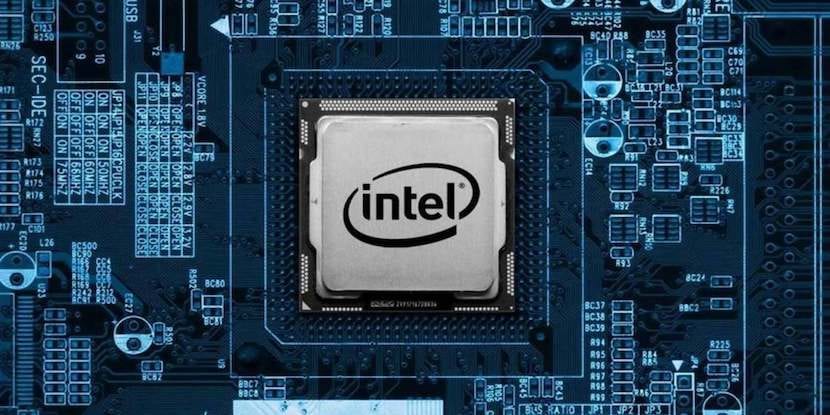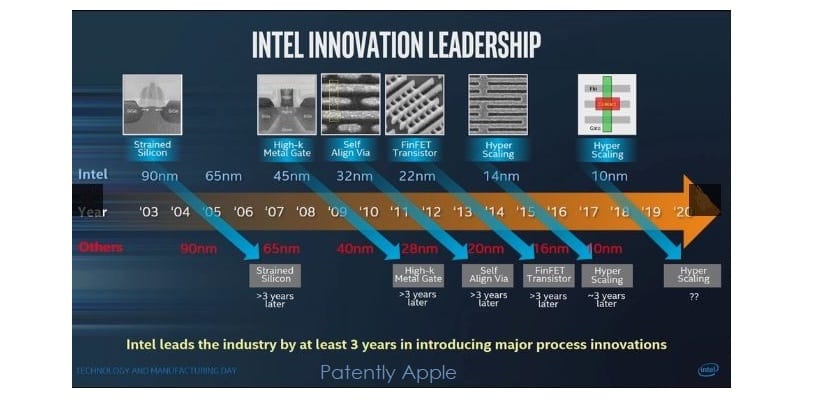
If the rumors are confirmed by DigiTimes, Intel could delay until the end of 2018 the market launch of processors Cannon Lake. The initial forecast was mid-2017. Predictably the next MacBook Pro would have these processors as they could house 32 GB of RAM.
Although DigiTimes has a checkered past when it comes to predicting new products, another medium, in this case Patently Apple, would have confirmed this action by Intel. The blog features a slide of the company with the new planning. In the latter's article, we can see the explanations that Intel would have offered its closest collaborators.
Intel has reportedly struggled with the 10nm design. The Cannon Lake processors, which were originally scheduled to be released in 2017, have had their release schedule revised three times: first in late 2017 or early 2018, then in mid-2018, and now in late 2018.
If the news is confirmed, Apple would have to rethink the design of the following MacBook Pro. In the case of opting for Intel processors, the range available at this time is Coffee Lake. In short, it implies the use of LPDDR 3 RAM, limited to 16 Gb, compared to LPDDR 4 memories, which will be available in the Cannon Lake, being able to house 32Gb of RAM.

With the release of the 2016 MacBook, A great debate arose about the need to have Pro computers with memory greater than 16 Gb of RAM. Application developers or professionals in the world of photo and video editing could demand this amount of memory. On the other hand, Apple spoke of an excessive consumption in portable equipment.
If the forecasts are as described, Intel would also be considering delaying the range of processors that would see the light after Cannon Lake or directly making the jump to Ice Lake, whose launch date was in 2019.